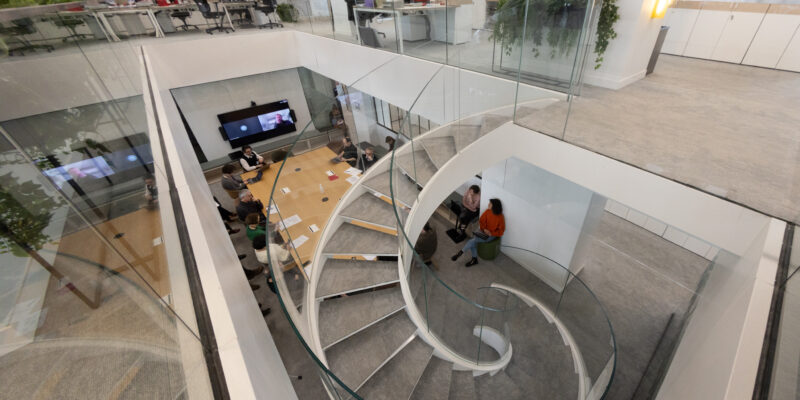French media targeted by new wave of Russian disinformation campaign

At least four French media outlets have been targeted in mid-June by a massive disinformation campaign coming from Russia. Websites of Le Monde, 20 Minutes, Le Parisien and Le Figaro were replicated with fake content disseminating the Kremlin communications relayed by fake social media accounts.
Started in 2022, this digital interference campaign, nicknamed “Doppelgänger”, targeted other European news media outlets in Germany (Der Spiegel, Süddeutsche Zeitung, Frankfurter Allgemeine Zeitung and Bild) and in the United Kingdom (The Guardian). Similar fakes have also been seen in Ukraine, Latvia and Italy, amongst others. In addition, a new media called “Reliable Recent News” (RRN) has been created to spread pro-Russian content linked to the war in Ukraine.
The new interference has been uncovered by French watchdog VIGINUM (Service for Vigilance and Protection against Foreign Digital Interference) on Tuesday 13 June, who identified “the involvement of Russian or Russian-speaking individuals and several Russian companies”. The French Ministry for Europe and Foreign Affairs’ website was subjected to the same type of attacks.
The disinformation campaign consists of posting fake news on pages identical to leading news media outlets’ and governmental websites to discredit Western support for Ukraine. According to VIGINUM, it relies on a fourfold inauthentic narrative: the “ineffectiveness” of the sanctions against Russia, the alleged “Russophobia” of Western states, and alleged “cruelty of the army in Ukraine, and the “negative impacts” accepting Ukrainian refugees would have.
The technique used, known as typosquatting, consists of misleading Internet users by directing them to a website with a slightly different domain name, but which looks exactly like the one they are supposed to reach, with all the other hyperlinks being identical to the real website. Typosquatting therefore relies on common mistakes that users might make when searching for a website. Errors can be spotted in the URL: in France for example, fake website pages often end with “.ldt” instead of “.fr”.
VIGINUM said they previously uncovered 355 usurpations of domain names, and at least 58 articles published on prominent news media outlets.
On 16 June, at least three media outlets – 20 Minutes, Le Parisien and Süddeutsche Zeitung – had announced that they filed a complaint for “impersonation”.
The European Federation of Journalists (EFJ) deplores the impact of such a disinformation campaign on public trust and on the credibility of the media targeted. We call on the law enforcement authorities to carry out a through investigation into the complaints received and to convict those responsible.
This statement was produced by EFJ as part of the Media Freedom Rapid Response (MFRR), a Europe-wide mechanism which tracks, monitors and responds to violations of press and media freedom in EU Member States and Candidate Countries.







